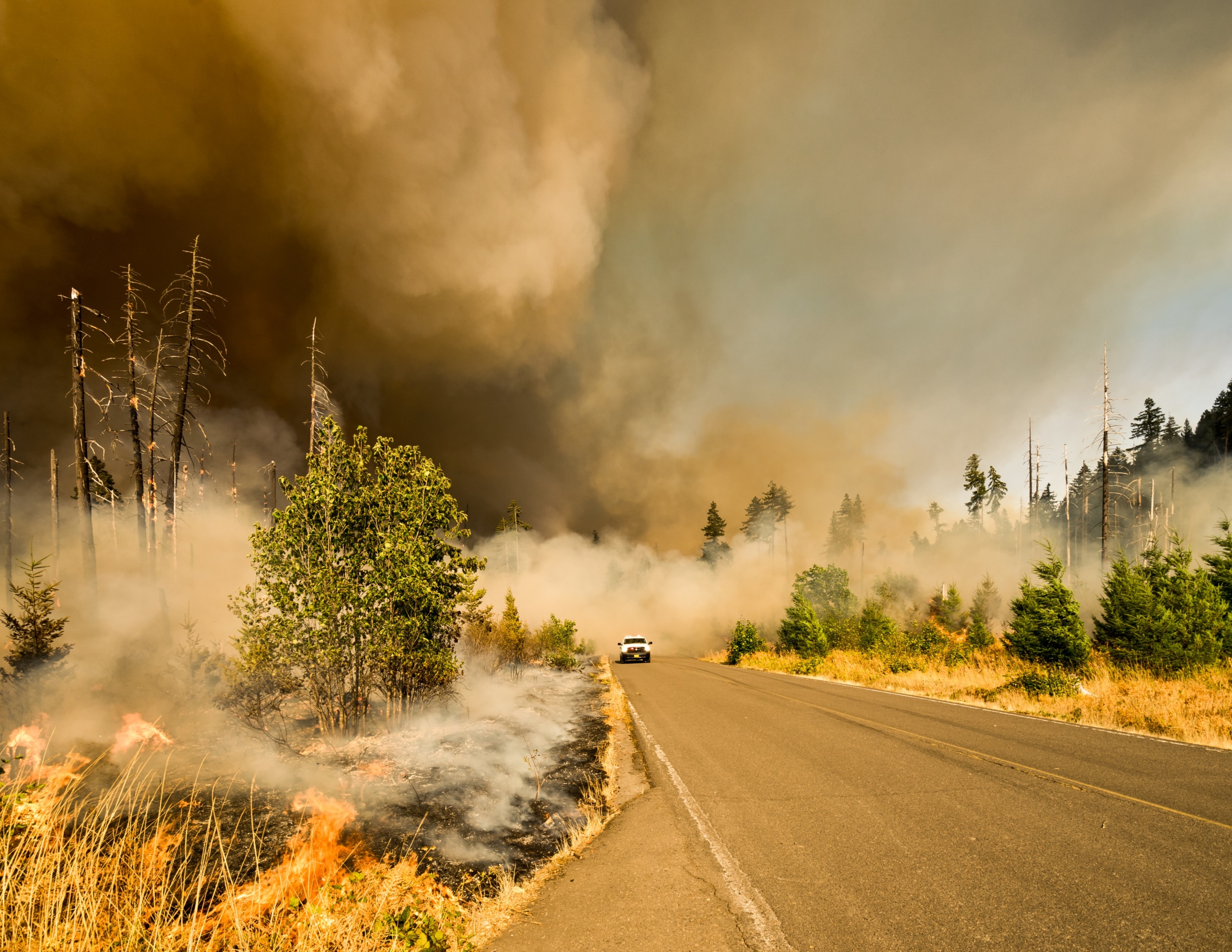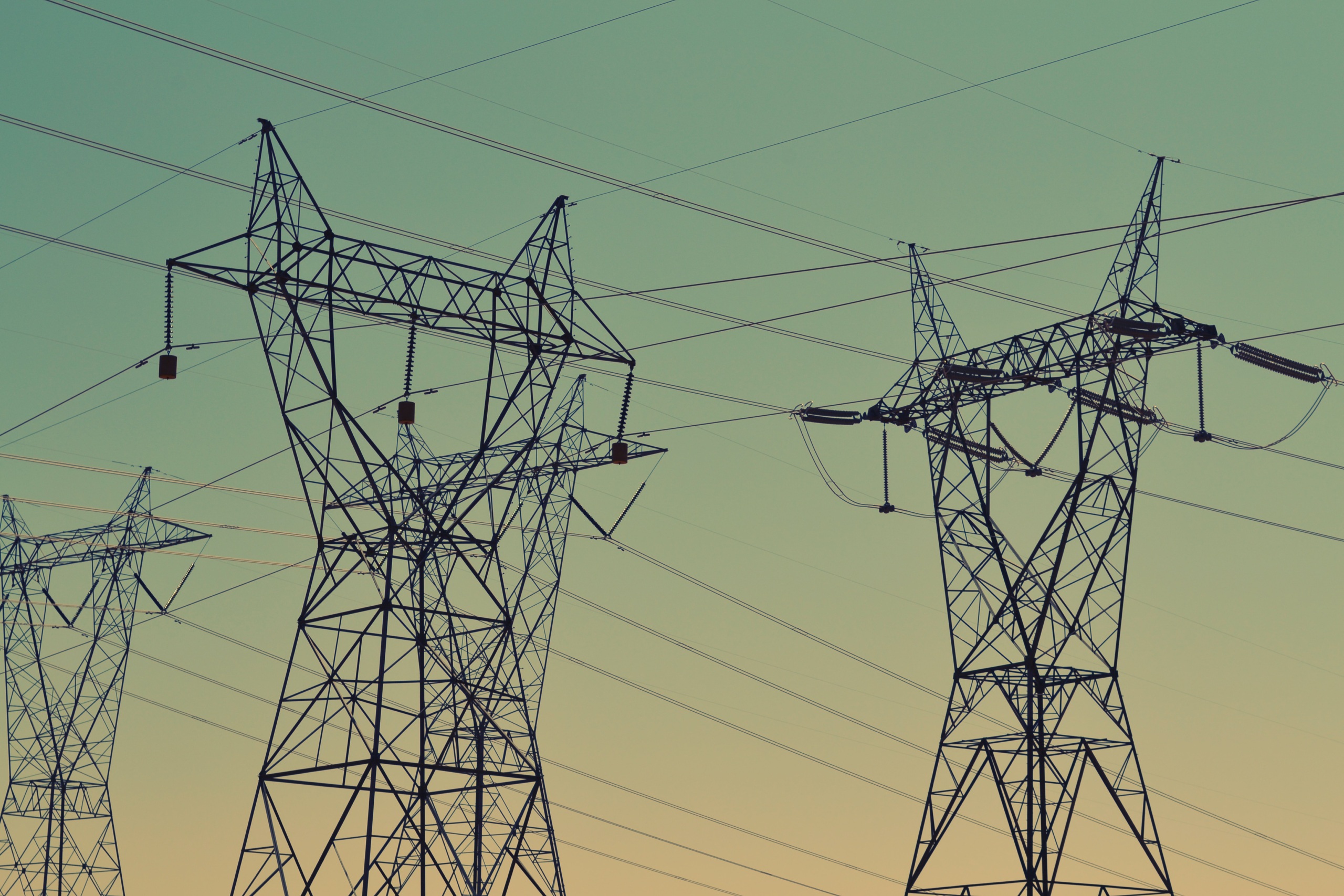
Hotter Fields, Lower Yields
With the report, Hotter Fields, Lower Yields, Environment Minnesota analyzed the expected future impacts of global warming on America’s corn growers. The analysis draws on a 2008 study by the United States Climate Change Science Program, a joint project of the United States Department of Agriculture and 12 other federal agencies.
Downloads
Environment Minnesota
Executive Summary
With the report, Hotter Fields, Lower Yields, Environment Minnesota analyzed the expected future impacts of global warming on America’s corn growers. The analysis draws on a 2008 study by the United States Climate Change Science Program, a joint project of the United States Department of Agriculture and 12 other federal agencies.
The report pairs the government estimates of the relative loss in corn productivity in major U.S. corn-producing areas due to global warming with USDA data on the size of the corn industry to estimate the financial impact from global warming.
The analysis considers the combined effect of increasing temperatures and increasing levels of carbon dioxide but assumes that crops get sufficient water and does not include other negative effects of global warming, such as more frequent extreme storms, higher levels of ozone, and the spreading of diseases, pests and weeds.
Topics
Find Out More


Carbon dioxide removal: The right thing at the wrong time?

Fact file: Computing is using more energy than ever.


